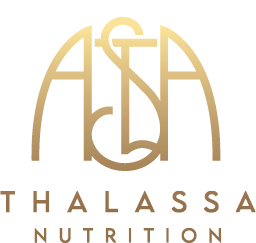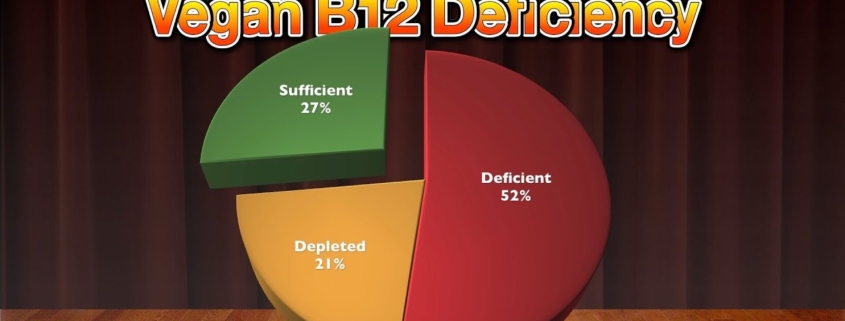Vitamin B12
“I am a new to veganism and am very concerned with how much people around me are talking about vitamin B12. I didn’t know anything about it until I became vegan but now I am scared. Are there any natural sources of it or should I get a supplement?”
What does B12 do anyway?
Vitamin B12 helps maintain health of the brain and nervous cells. It is also involved in the production of DNA and RNA as well as red blood cells. B12 helps clear harmful homocysteine from blood (high levels of homocysteine are associated with inflammation, heart disease and osteoporosis).
What are the symptoms of Vitamin B12 deficiency?
Lack of energy, extreme tiredness, breathlessness, headaches, pale skin, palpitations, mouth ulcers, pins and needles, pale yellow tinge to your skin, sore red tongue, disturbed vision, irritability, depression, decline in mental abilities (memory, understanding, judgment).
Who is likely to suffer from deficiency?
Vegans (or anybody who limits animal based products in their diet) and the elderly, due to lowered stomach acid production (evidence shows that up to 50% of the over 65 are deficient in vitamin B12). Certain medications such as proton pump inhibitors or the diabetes drug Metformin interfere with the absorption of vitamin B12. Anyone with IBD and celiac disease or those who had weight loss surgery should keep an eye on their vitamin B12 levels. Lastly, some people don’t produce intrinsic factor, specific protein needed for the absorption of vitamin B12, and this leads to pernicious anaemia if B12 is not supplemented.
Do all vegans need to supplement?
The simple answer is yes. If you are not experiencing any symptoms of deficiency it may be that your body is relying on the stores of B12. Vitamin B12 is the only water soluble vitamin we can store in our body, however without regular supply our stores run out and deficiency symptoms start to emerge.

You may ask why vegans need vitamin B12 while herbivorous animals do just fine without supplements. Vitamin B12 is synthesised by bacteria, which herbivorous animals ingest with their unwashed food and contaminated water. We could get our B12 in the same way, but this could mean ingesting other critters that might lead to potentially dangerous infections. Vegans do have bacteria that synthesise B12 in the gut, but unfortunately this synthesis happens at a more distal portion of the gut which means the B12 is excreted rather than absorbed.
Are there any plant based sources of B12?
While there is a belief that there are plant sources that contain vitamin B12 (food such as nori, chlorella or miso), the type of B12 in these foods is an B12 analogue and is not active in humans, therefore it is not valid source of B12. Whilst there are some plant products that have shown improvement in Vitamin B12 status (such as Palmyra jaggery), it is still preferable not to rely on these products entirely in order to obtain a reliable regular dose.

Can I get enough vitamin B12 from fortified foods?
Yes, it is possible to get B12 from fortified products, however you need to make sure to consume at least 3 servings of these foods daily. Moreover, many of the fortified foods are not the healthiest, either containing additives, sugar, salt and/or unhealthy fats (such as many breakfast cereals). To achieve a healthy vegan diet it is much beneficial to eat a well balanced whole foods plant based diet supported with a good quality vitamin B12 supplement rather than relying on fortified processed products.
What supplements to take?
To achieve best results, it is recommended to use sublingual or spray vitamin B12 supplement. Taking Vitamin B12 this way ensures it enters the blood stream without the need to go through digestive system as is the case for B12 in tablet form. There are 3 forms of vitamin B12 on the market. Cyanocobalamin, the synthetic version of b12 is the most commonly available version and is most stable. Other versions are hydroxicobalamin and methylcobalamin. Methylcobalamin is the form bacteria produce – hence is the closest to the B12 available in nature. Whilst methylcobalamin is my personal preference, all three B12 forms will help you achieve adequate vitamin B12 status when taken in appropriate doses. Generally, the recommendation is to take 2 smaller doses twice daily or one larger dose once a day for best absorption. If supplementing daily aim for 250mcg, for an efficient weekly dose aim for 2500mcg per week on an empty stomach. There is no doubt that a well planned plant based diet has incredible benefits for our health, and making sure you get the recommended dose of vitamin B12 is essential to ensure you will be thriving as a vegan.

 NO
NO no
no no
no